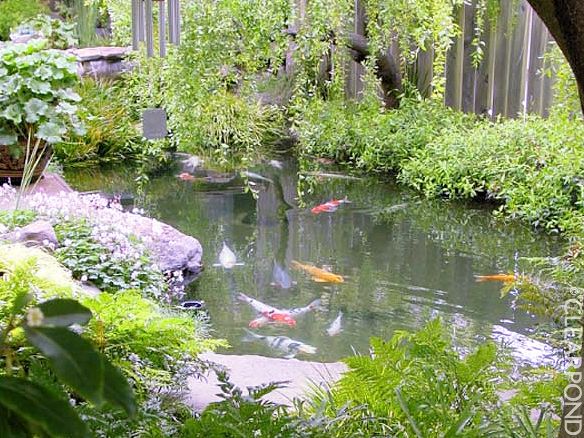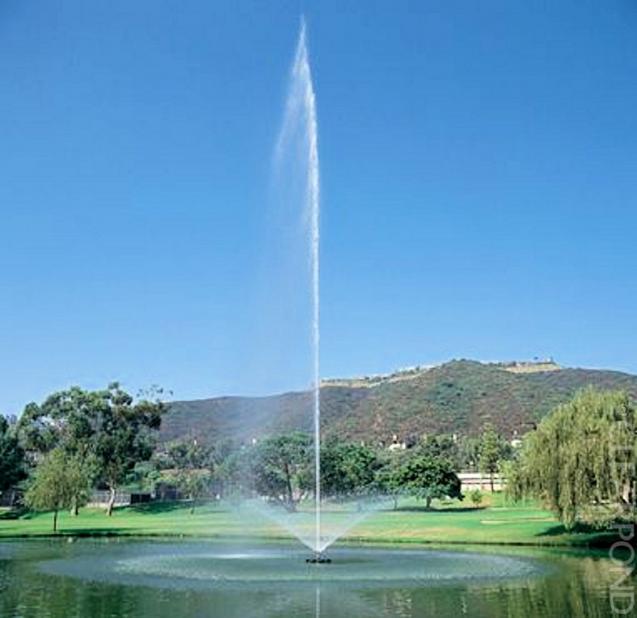
Simple tips for feeding fish
By Clearpond|March 24, 2015
Simple tips for feeding fish
How often should you feed fish? How much food does a fish need? What type of food do fish eat? For answers to these and other frequently asked questions about feeding fish, read on.
Many people make the common mistake of thinking that fish are low-maintenance pets that that can thrive on a bit of neglect. Yes, there are some types of fish that are easy to care for and which don’t require high levels of input - but the fact is, all types of fish do need regular feeding, with the right type of food and in the right amounts.
Bearing in mind that different types of fish eat different things and that any fish feeding regime isn’t a case of ‘one size fits all’ - let’s look at some common questions about feeding fish.
How much food do fish need?
The amount of food depends on the size and type of your fish but as a general rule, you should only feed your fish what they can eat in a 2 - 4 minute timeframe. Of course, that doesn’t mean keeping guard with a stopwatch but is simply a guideline. And remember, fish will continue eating even though they’re not hungry, and overfeeding is as detrimental to a fish’s health as underfeeding. Too much food can lead to obesity and disease, as well as elevated nitrogen and lower pH levels in the water which can be deadly for fish.
How often should fish be fed?
There aren’t any hard and fast rules on this one, but generally, fish should be fed at the same time each day - and preferably once or twice a day. It’s always a good idea to consult the experts to find out what the optimum feeding regime for your breed of fish is.
Does a bigger tank need more fish food?
The amount of food you put into the tank depends on the number of inhabitants, NOT the size of the tank - and always sprinkle the food across the entire surface of the tank in order to allow more fish to feed simultaneously.
What type of food do fish eat?
Different fish eat different foods, and your local aquarium experts will advise you on your fish’s nutritional needs. There are also different types of food for salt and fresh water environments, and some fish will need food that floats, others prefer food that sinks. However, like humans, fish need a balanced diet with the right amount and mix of nutrients.
Remember, the quality and health of your fish is directly related to the food you’re feeding them says a leading supplier of fish food in Perth. The food that fish eat affects their colours, growth and breeding potential so quality feeds should always be used.
Overfeeding fish is the number one cause of fish loss, it’s always best to get advice from people who know what they’re doing - like the experts at , an Australian-based company that specialises in creating, managing and enhancing aquatic environments.
How often should you feed fish? How much food does a fish need? What type of food do fish eat? For answers to these and other frequently asked questions about feeding fish, read on.
Many people make the common mistake of thinking that fish are low-maintenance pets that that can thrive on a bit of neglect. Yes, there are some types of fish that are easy to care for and which don’t require high levels of input - but the fact is, all types of fish do need regular feeding, with the right type of food and in the right amounts.
Bearing in mind that different types of fish eat different things and that any fish feeding regime isn’t a case of ‘one size fits all’ - let’s look at some common questions about feeding fish.
How much food do fish need?
The amount of food depends on the size and type of your fish but as a general rule, you should only feed your fish what they can eat in a 2 - 4 minute timeframe. Of course, that doesn’t mean keeping guard with a stopwatch but is simply a guideline. And remember, fish will continue eating even though they’re not hungry, and overfeeding is as detrimental to a fish’s health as underfeeding. Too much food can lead to obesity and disease, as well as elevated nitrogen and lower pH levels in the water which can be deadly for fish.
How often should fish be fed?
There aren’t any hard and fast rules on this one, but generally, fish should be fed at the same time each day - and preferably once or twice a day. It’s always a good idea to consult the experts to find out what the optimum feeding regime for your breed of fish is.
Does a bigger tank need more fish food?
The amount of food you put into the tank depends on the number of inhabitants, NOT the size of the tank - and always sprinkle the food across the entire surface of the tank in order to allow more fish to feed simultaneously.
What type of food do fish eat?
Different fish eat different foods, and your local aquarium experts will advise you on your fish’s nutritional needs. There are also different types of food for salt and fresh water environments, and some fish will need food that floats, others prefer food that sinks. However, like humans, fish need a balanced diet with the right amount and mix of nutrients.
Remember, the quality and health of your fish is directly related to the food you’re feeding them says a leading supplier of fish food in Perth. The food that fish eat affects their colours, growth and breeding potential so quality feeds should always be used.
Overfeeding fish is the number one cause of fish loss, it’s always best to get advice from people who know what they’re doing - like the experts at , an Australian-based company that specialises in creating, managing and enhancing aquatic environments.



